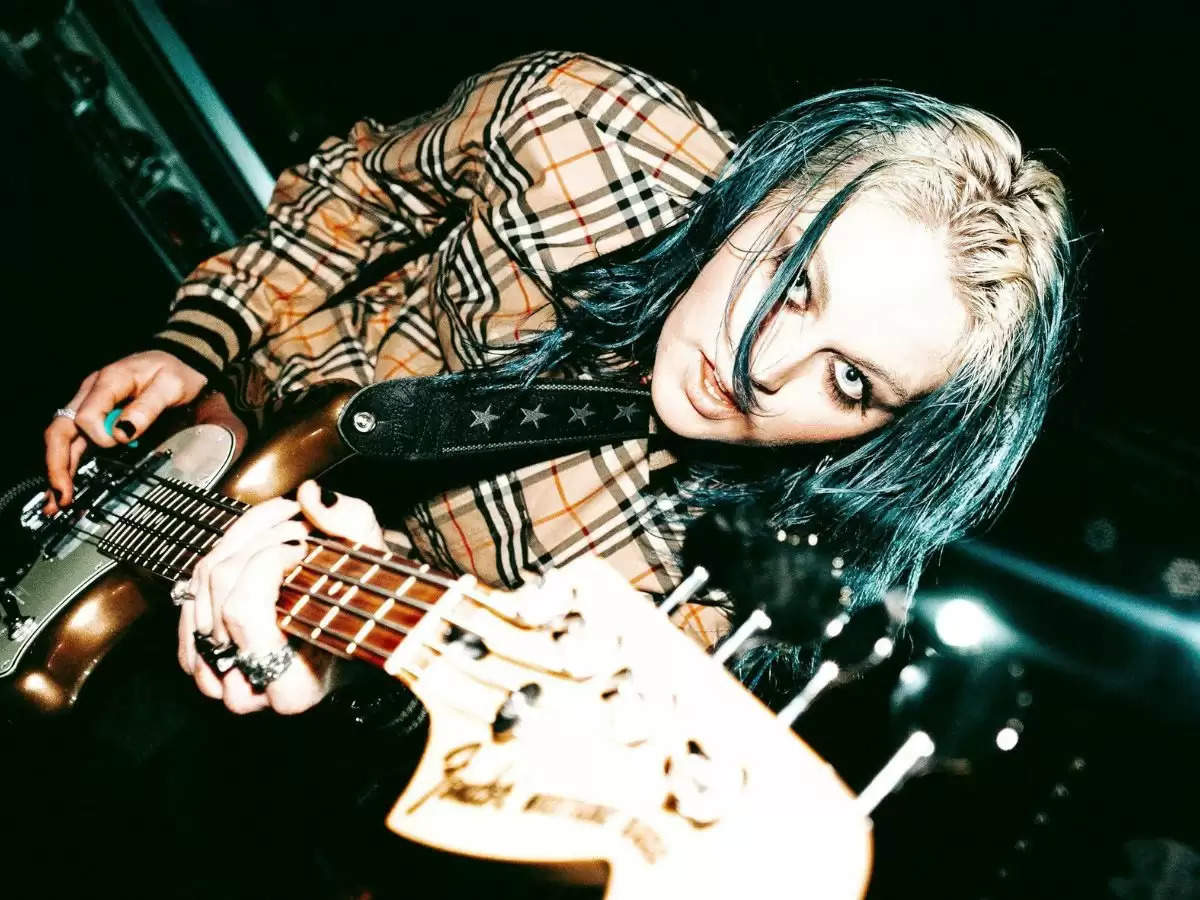Musicians are opening up about their mental health struggles

Times of discover News: In recent years, artists have done their part to destigmatize mental health issues by speaking openly about their experiences. Here's what they said. For too long, many people — including musicians — have struggled with mental health issues in silence while the rest of the world put on a face.
But things are changing. In recent years, many artists across multiple genres have used their platform to speak openly about the struggles they face and how they cope, in hopes of destigmatizing everything from depression to bipolar disorder and more.
For example, Adele and Alanis Morissette shared their experiences with postpartum depression. Billie Eilish explained how fame leads to depression and suicidal thoughts, while Bebe Rexha and Halsey spoke openly about their bipolar disorder diagnoses.
Guns N' Roses rocker Duff McKagan, who suffers from panic disorder, reveals he wrote a new song when he had a panic attack, Rick Springfield recalls first suicide attempt in his memoir.
These are the brave artists who share their experiences and inspire millions of fans who listen to them. Read more about musicians speaking openly about mental health.
May is Mental Health Awareness Month and October 10 is World Mental Health Day. If you or someone you know is suffering from a mental health or substance use disorder, call the Substance Abuse and Mental Health Services Administration National Helpline at 1-800-662-HELP (4357) to get referrals and confidential treatment information. Contact us 24/7. For those experiencing suicidal thoughts and/or crises, the National Suicide Prevention Lifeline is available 24/7 at 1-800-273-8255. You can also call or text 988 to connect with a trained counselor.
The artist took a break from making music after releasing Love Letter East Atlanta in 2018 to deal with her depression and mental health. "I would say recently, I've really learned the importance of getting to the source of things that don't make you feel good," she told Billboard later in 2021 about World Mental Health Day and partnering with Mental Health America of Los Angeles and global therapy services BetterHelp to launch a PSA.
"I wanted to share my experience and talk about the resources/stuff that helped me, to inspire people to do the same for themselves," the Grammy-winning singer said on the cover of Vanity Fair in 2016. Depression explained why she was hesitant when she welcomed another child, her son Angelo, "I was scared. "I had really severe postpartum depression after my son was born, and that scared me," she said, noting that she was not taking antidepressants.
"My knowledge of postpartum — or postpartum, as we call it in England — is that you don't want to be with your baby; you worry you might hurt your baby; you worry you might get hurt. It doesn't work well. But I felt so inadequate that I made the worst decision of my life. It can come in many forms. After welcoming her third child in 2019, the singer opened up about her struggle with postpartum depression in a post on her website.
"I'm not sure if I'll have postpartum depression/anxiety this time. Or, as I like to call it: postpartum activity. Or, also: the tar-soaked postpartum trenches," she wrote. "Hormonals. Sleep deprivation. Blurring. Physical pain. Isolation. Anxiety. Cortisol. Recovering from childbirth (mine was beautiful and intense, like a home birth, a dream birth.), integrating new angel babies with old angel babies. Marriage. All sorts of PTSD triggers... PPD is still a clever monkey with a knife.

